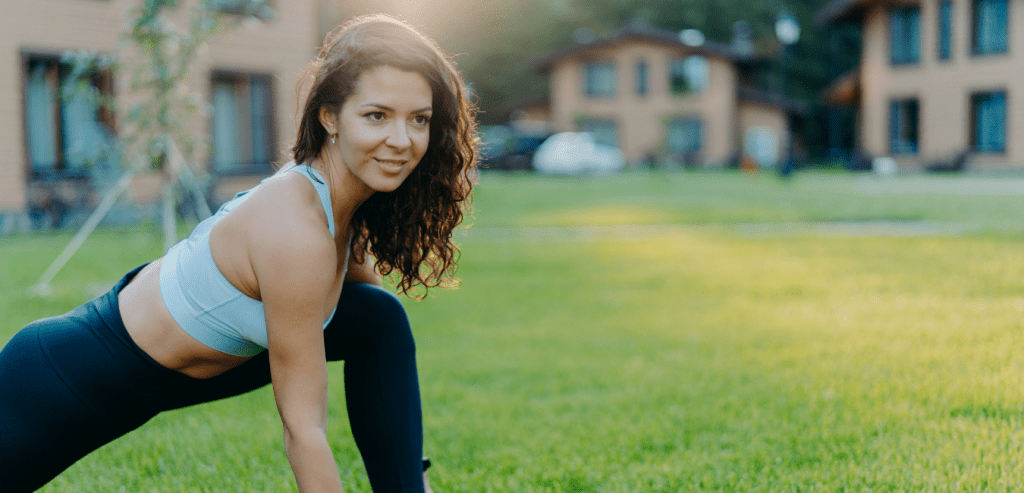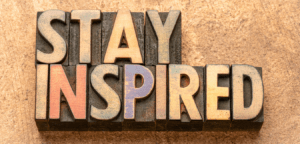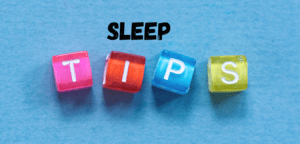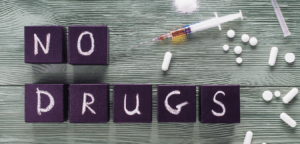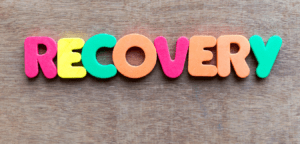Addiction to drugs or alcohol, cigarettes, gambling or computer games can badly affect your life, and hurt people around you. But it’s possible to overcome addiction and reduce the harm to you and others.
Deciding to make a change
Only you can decide to overcome an addiction. Quitting is a gradual process — it often takes several attempts. Withdrawal symptoms — the unpleasant and sometimes life-threatening reactions that accompany giving up an addiction — can be a challenge. But don’t give up hope if you find things difficult.
Quitting is easier if you have support, set goals and are prepared for challenges.
Reaching out for support
Talk to your doctor, health professional, counsellor or drug and alcohol service about your decision to quit. Be honest about your situation. Support from a friend or family member can also help.
You can talk to someone in confidence at Counselling Online — see their website for more information and for the phone number for your region.
Treatment for addiction
Many treatments and services are available, including:
- withdrawal, detoxification and addiction rehabilitation
- medicines, including to reduce cravings
- counselling
- relaxation therapies
- peer support, including Alcoholics Anonymous and Narcotics Anonymous
- family support, for family and carers, including people helping someone with ice addiction
Healthy ways to cope with stress
Some people take drugs, use alcohol or become addicted to other things because they think it helps in coping with stress. But an addiction can be very stressful.
Things to help you cope when you feel stressed include:
- relaxation — meditation and yoga
- exercise
- being with friends
- planning ahead and having routines
- eating healthily and sleeping well
- cognitive-behaviour therapy (CBT), to change the way you think
Triggers, cravings and staying in control
Knowing your triggers can help you stay in control — you may avoid certain situations or people. You can’t avoid all triggers, so a plan is important to manage cravings.
Distracting yourself is good, while relaxation and deep breathing techniques can also help in the management of cravings. Exercise, call someone, listen to music — remind yourself why you are quitting.
Remember, cravings come and then go.
Don’t let a relapse stop you achieving your goals
People with addictions commonly relapse — this is part of the withdrawal process. Don’t give up trying to quit if this happens to you.
Building a meaningful drug-free life
Doing things that you like, and that mean a lot to you, can help you stay addiction free. Setting goals and having things to look forward to are important.
Stay connected to positive people who are recovering from addiction. A hobby that challenges you or volunteering might also help.
Regular exercise, sleep and healthy eating can make you feel better.
Credited to:Health Direct

